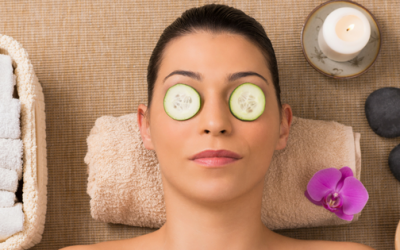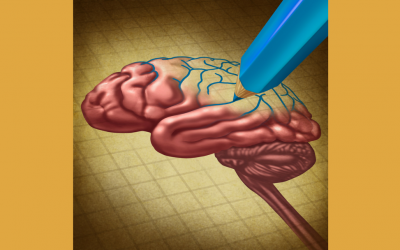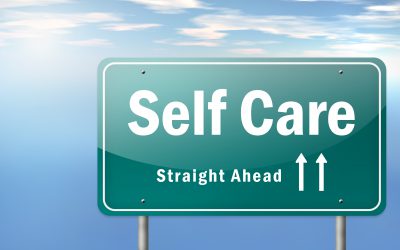Coping Strategies: What Are They?
We hear a lot about coping strategies, and it’s not always clear what the term means. Eating better? Exercise? How are “coping strategies” different from “daily self-care?” Do we use them differently? All good questions. Let’s dive in, shall we?
Positive Coping Strategies: A Better Way of Living
Positive coping strategies help us handle the bumps and bruises life sends us. For some of us, using positive strategies doesn’t come naturally. Maybe we’ve tried before, with mixed results. We may even be afraid to change the way we respond to situations, because it could have impacts that we are not prepared to handle.
Negative Coping Skills & Shame
It’s almost a given that those of us living with mental illness have and use negative coping skills. Often, we know exactly what they are, too. I’ve sat in more than one group reading off a list of negative skills and with quiet nods of agreement all around me. Where they enthusiastically check off items on a list of positive skills we can try, the negative list is often left blank.
The color of shame.
The reality is negative coping skills exist for a reason. Somewhere we’ve learned them, for some reason we’ve developed them, in some way they benefit us. Understanding what these skills are, how we likely developed them, and what they do for us is important work if we want to learn how to live a better way. A healthier way. A less destructive way.
The Importance of Routines to Our Mental Health
Routines—we all have them. Some of these routines are intentional – such as the bedtime routine – and others are ones we fall into. Routines are important for all of us; they create predictability and provide comfort. As we look at establishing healthy routines, we’ll provide a list of five steps to help us identify and tweak existing routines, and to build new ones.
Everyday Rest & Relaxation Helps Us Heal
R&R. Vacation. Time off. PTO. Whatever you call it, in our society, taking time to rehabilitate ourselves from the day-to-day grind is desperately desired and often neglected. Too often, we only think of “rest” as what we do on vacation, or the weekend. What if we were to invite rest and joy into our daily lives? What impact would that make?
Understanding the Automatic Tape in Our Heads
We all have an “automatic tape” in our heads that provide default responses to situations. Learn why the automatic tape exists and how to rewrite it.
Fixing Our Thinking Distortions
The automatic tapes in our heads often contain Thinking Distortions. Changing them requires patience, effort, and the exercise we discuss here.
Opening the Door to the New Self
When we think about changing our minds and how we think, we often think of the perfectionism or fears we live with, and focus on how to get rid of them. The apostle Paul challenges us to think differently, to think of changing our minds as part of the process of putting on our “new self.” One practical way to do this is challenging our Thinking Distortions.
Putting Together Your Self-Care Plan
Even when we know the importance of putting together a good self-care plan, it can feel overwhelming to do. Four pillars? Each pillar has multiple pieces? The heart races and the breathing gets shorter. Let’s slow it down and tackle this process – together.
The Four Pillars of Good Treatment Plans
While treatment plans come in all shapes and sizes, there are four pillars that form the foundation of every self-care plan. Creating a self-care plan that addresses our physical, mental, spiritual, and relational needs is a key step in our recovery process. No two plans look the same, nor could they.










